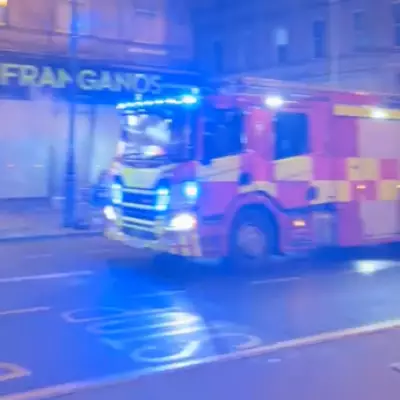
A taxi driver who unknowingly transported triple killer Leon Mace was left waiting for 50 crucial minutes when attempting to alert emergency services about his suspicious passenger, a Daily Mail investigation can reveal.
Critical Delay in Emergency Response
The shocking timeline emerged during the inquest into the deaths of three individuals killed by Mace in a violent rampage across Southport. Driver Lee Gillett became increasingly concerned about Mace's behaviour during their journey from Braintree, Essex, to Merseyside.
"He knew something was terribly wrong," a source close to the investigation revealed. "The passenger's erratic behaviour and disturbing comments prompted immediate concern."
Failed Emergency Contact Attempts
When Mr Gillett finally reached a position where he could safely raise the alarm, he faced an agonising wait:
- Initial 999 call placed at 2:15 PM
- Multiple follow-up attempts made
- Total wait time: 50 minutes for police response
- Critical information about Mace's location delayed
Tragic Consequences of Delayed Action
During this nearly hour-long window, Mace allegedly committed his horrific attacks. The delay has raised serious questions about emergency service responsiveness and whether earlier intervention might have prevented further tragedy.
Coroner's court heard how the taxi driver's attempts to warn authorities were frustrated by system delays and prioritisation protocols that failed to recognise the urgency of the situation.
Systemic Failures Under Scrutiny
Emergency service representatives faced tough questioning about the incident, with particular focus on:
- Call prioritisation systems
- Staffing levels during peak periods
- Training for identifying high-risk situations
- Communication between emergency services
The case has prompted calls for immediate review of 999 response protocols, particularly concerning reports of potentially dangerous individuals moving between jurisdictions.
As the community mourns, serious questions remain about whether this tragedy could have been prevented with a more prompt emergency response to a concerned citizen's warning.





